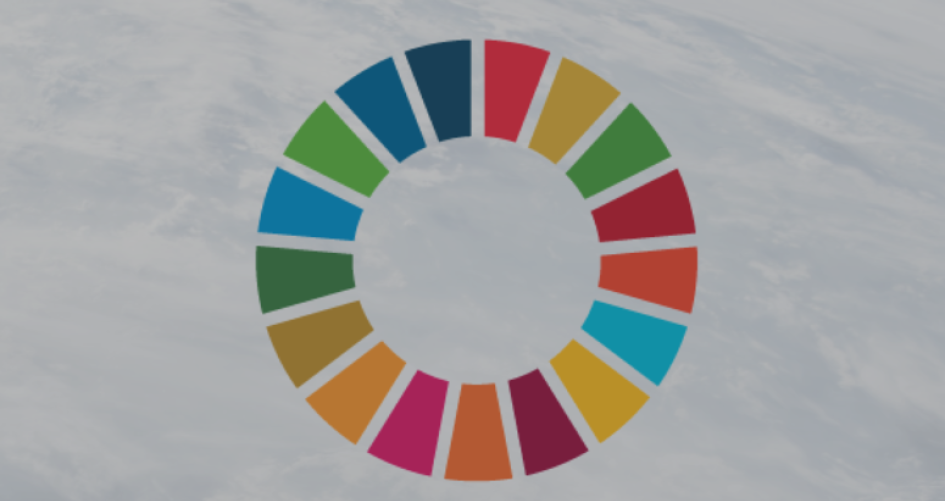The collaboration will result in voluntary methodologies, tools and guidance to assist organizations with assessing the social and environmental impact of their actions.
BONN, Germany, 4 April 2017 - The UN Framework Convention on Climate Change (UNFCCC) secretariat and the Gold Standard today announced a collaboration to assist organizations, such as corporates, investors, regions, territories and cities, in setting sustainability targets and assessing the sustainable development impacts of their initiatives.
The partnership will build on the standard-setting experience of both organizations in the areas of impact evaluation of climate and sustainable development (SD) actions.
The ultimate objectives of the Paris Agreement and the Sustainable Development Goals (SDGs) will be achieved only if they are fully recognised as one encompassing agenda. As such, the 17 Sustainable Development Goals (SDGs) need to be tackled in an integrated manner. Moreover, it is also widely recognized that successful implementation can only be achieved by engaging all actors.
Providing all actors with improved ways to easily and cost-effectively analyse, assess and demonstrate their sustainability initiatives is a priority and a key objective of this partnership.
“Governments are central to delivering the SDGs. But the speed and scale of the transformation needed can only happen if supported by all sectors of society,” said James Grabert, Director, UNFCCC secretariat. “Developing those tools and solutions aims at assisting all stakeholders to act concretely towards our common goals, as enshrined in the SDGs”, he added.
“It is clear the achievement of the SDGs is impossible without major participation from the private sector. Business is demonstrating its willingness to ramp up sustainability action, and many companies are already aligning not only their corporate social responsibility policies, but also their core business strategies with the targets defined in the SDGs,” said Gold Standard CEO Marion Verles.
“What is missing are practical tools to help them contribute in meaningful, measurable and credible ways – and to get recognition for doing so. We hope our new collaboration with the UNFCCC secretariat will encourage and incentivise more ambitious contributions to sustainable development from the private sector”, she concluded.
Specifically, the collaboration will seek to deliver:
- A decision-making tool for corporate sustainability impact assessments. The tool will include recommended approaches for the formulation of targets and decision-making pathways based on the individual needs of an organization to measure and report on the impacts achieved;
- Methodologies and approaches to quantify and report on the impacts of sustainable development actions, including methodologies for use in the context of large scale interventions such as supply chain and city scale interventions; and
- Technology solutions to reduce the barriers to measuring, quantifying and certifying impacts (including IT based platforms and blockchain based solutions).
Media contacts:
About Gold Standard
Gold Standard is a standard and certification body that works to catalyse more ambitious action for climate security and sustainable development. Its holistic standard, Gold Standard for the Global Goals, enables activities that protect the climate and empower local communities to maximise, quantify, and verify their impacts. Gold Standard was established in 2003 by WWF and other international NGOs as a best practice standard to ensure projects that reduced carbon emissions under the UN’s Clean Development Mechanism (CDM) also delivered on the dual mandate to foster sustainable development. Now with more than 80 NGO supporters and 1400+ projects in over 80 countries, Gold Standard projects have created billions of dollars of shared value from climate and development action worldwide.
About the UNFCCC
With 197 Parties, the United Nations Framework Convention on Climate Change (UNFCCC) has near universal membership and is the parent treaty of the 2015 Paris Agreement. The main aim of the Paris Agreement is to keep a global average temperature rise this century well below 2 degrees Celsius and to drive efforts to limit the temperature increase even further to 1.5 degrees Celsius above pre-industrial levels. The UNFCCC is also the parent treaty of the 1997 Kyoto Protocol. The ultimate objective of all agreements under the UNFCCC is to stabilize greenhouse gas concentrations in the atmosphere at a level that will prevent dangerous human interference with the climate system, in a time frame which allows ecosystems to adapt naturally and enables sustainable development.
